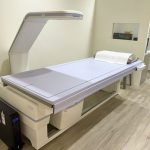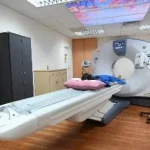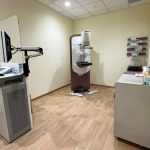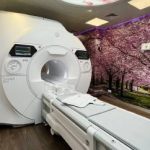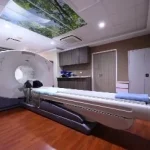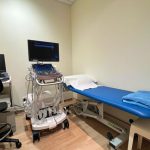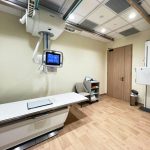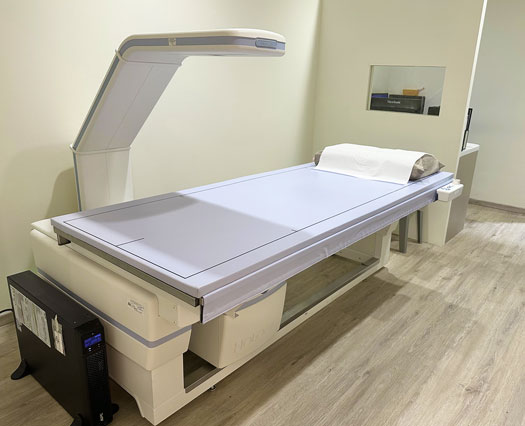
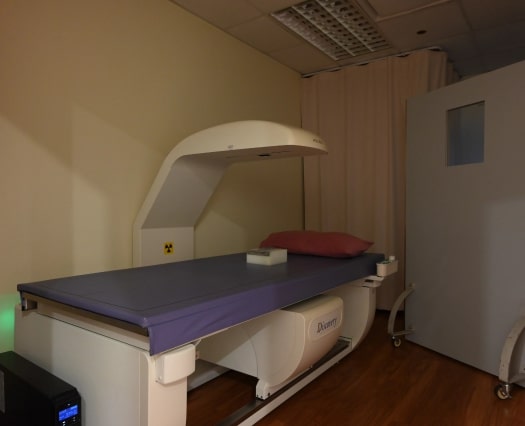
Bone Mineral Densitometry
(BMD Scan)
The procedure measures bone density, commonly used to diagnose osteoporosis and to assess an individual’s risk for developing fractures.
Backache, sports injuries, anyone undergoing hormonal treatments and all general nondescript bone pain could warrant bone densitometry. It is also useful in assessing the response to treatment of these conditions.
Bone densitometry or BMD can be performed with a CT scan, or more commonly using a DEXA (dual-energy x-ray absorptiometry) scanner. DEXA is simple, fast and non-invasive. It uses a very small dose of ionizing radiation to produce pictures of the inside of the body (the lower spine and hips) to measure bone loss.
This examination requires no special preparation.
Preparation
Before the examination
- Different examinations have specific preparation requirements. Please check with your doctor/ nurse if you are unsure.
- If you have taken similar examinations in the past, it is advisable to bring them along on your appointment.
- When making your appointment please inform the nurse if you are on medications for conditions like asthma, diabetes, cardiac or kidney diseases etc, or if you think you may be pregnant.
During the examination
- When your appointment is due, you will be led to the examination room by the radiographer.
- You will then be requested to position yourself either on the examination bed or to remain standing when the examination is conducted. This will be explained clearly to you by the radiographer who will be conducting the examination. At no time should you be feeling uncomfortable and if you are, do inform the radiographer immediately.
- Depending on the type and complexity of the examination, each examination will usually take between 10 – 35 minutes.
After the examination
- The collection of results will depend on your doctor’s request. The result will either be collected by you where you will bring it back to your doctor for further consultation or it will be dispatched to your doctor who will then schedule an appointment to discuss the findings with you.
FAQ
Women with the following characteristics are more prone to osteoporosis:
- Thin or small framed
- Approaching or past menopause
- Milk intolerant or have a low calcium intake
- A cigarette smoker or drink alcohol in excess
- Have a family history of osteoporosis
- Chronic intestinal disorders
A BMD test is recommended:
- for all women 40-years old or older who have sustained a fracture
- for all women beyond 65 years of age
- for women who have x-ray findings that suggest osteoporosis
- for risk assessment in perimenopausal or postmenopausal women who have risk factors for fractures. “Perimenopausal” is a term applied to the several years preceding menopause.
Testimonial
I am able to do a BMD during my health screening at Asiamedic & was able to detect low level of calcium in my body. I have started a calcium rich diet to improve my bone & joint condition. – Jaime


